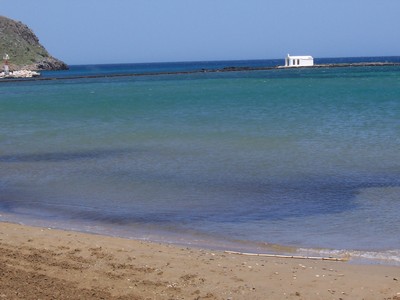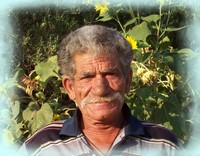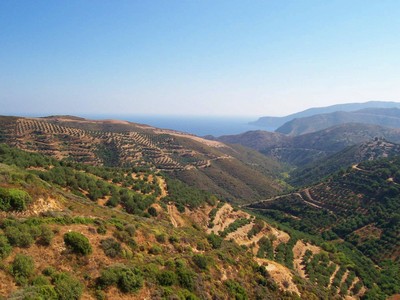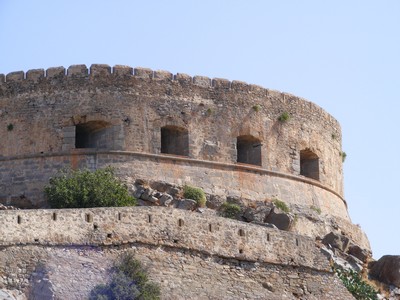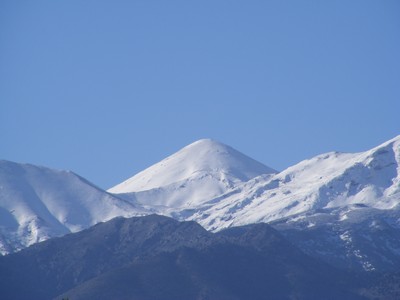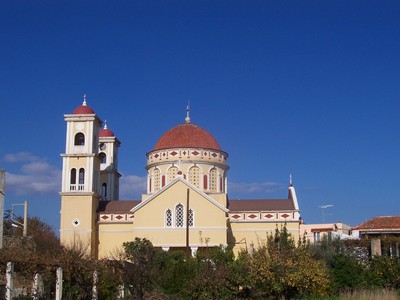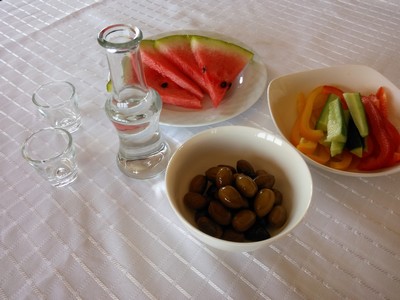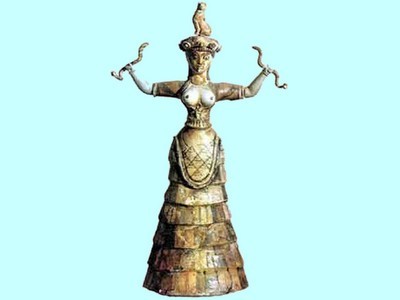Crazy about the Greek island of Crete!
Traditional Cretan Raki Guide
Table of Contents
Traditional Cretan Raki Guide: An Introduction
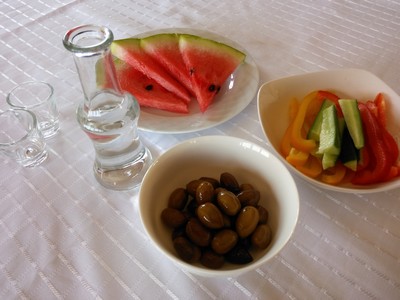
Welcome to our Traditional Cretan Raki Guide. Raki, also known as Tsikoudia, is a potent distilled spirit deeply rooted in Cretan culture. Traditionally homemade by families across Crete, this clear, grape-based beverage is typically produced in the autumn following the grape harvest. The distillation process often becomes a communal celebration, reflecting the island's rich traditions and emphasis on hospitality.
Beyond its role as a beverage, Raki holds a special place in Cretan society. It's commonly served with small plates of food, such as feta cheese, tomatoes, and olives, embodying the essence of Cretan hospitality. Visitors are encouraged to sample this unique spirit to gain a deeper appreciation of Crete's cultural heritage.
Traditional Cretan Raki Guide – A Spirit Steeped in Tradition
The Cretan distilled spirit known as Raki, or Tsikoudia, is traditionally homemade by individual families for their own consumption. Many families have their own still or share a distillery with their large extended family. The process of making Raki takes place in the autumn, after the grape harvest, when the vines have been pruned.
Sustainability in Cretan Wine making
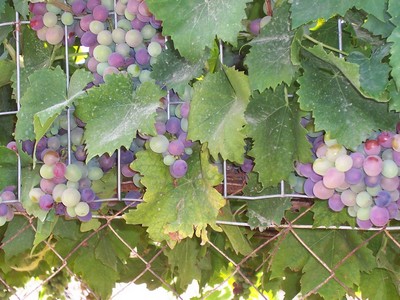
Long before sustainability became a trend, Cretans were making the most of everything nature provided. The vineyard is a source of wood for the fireplace, vine leaves for cooking, and grapes used fresh, dried as sultanas, or fermented into wine.
Some of the grape must is cooked down into a dark, syrupy molasses known as Petimezi, which is stored as a pantry staple and used in Greek pastries. Nothing goes to waste, with even the remaining crushed grape skins—comprising seeds, pulp, and stems—being distilled into Tsikoudia or Raki.
The Distillation Process – A Time to Celebrate
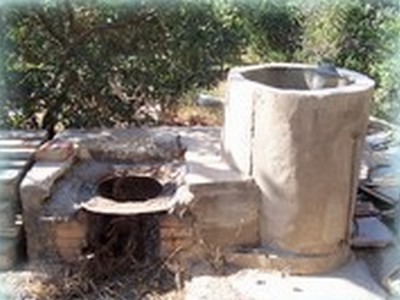
The making of Raki is more than a craft; it is a social event. The distillation process, which takes around three hours, often turns into a gathering where family and friends bring food and sample the drink as it is made. The Cretans certainly know how to turn work into a celebration.
Some makers add wild herbs such as thyme or rosemary for extra flavour, while others sweeten the spirit with honey, creating a rich, golden-coloured variety known as Rakomela.
Drinking Raki – A Cretan Ritual
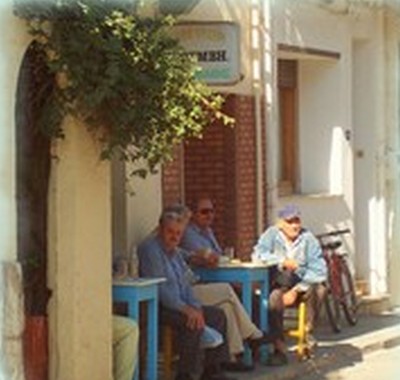
Known by visitors as firewater, moonshine, or loopy juice, Raki is a drink to be enjoyed in moderation, as overindulgence can lead to a severe hangover. It is served in small decanters or carafes with a shot glass and always accompanied by food—typically small plates of feta cheese, tomatoes, olives, cucumbers, or cooked beans and rice dishes.
Throughout the Near and Middle East, similar drinks exist under different names. Cyprus has its own version, Zivania, while other regions refer to it as Araka, Araki, Ariki, or Turkish Raki. During the Turkish occupation of Crete, the name Raki became commonly used to describe Tsikoudia due to their similarities. A stronger, red-coloured variation called Mournoraki is distilled from mulberries.
Traditional Uses and Health Benefits
Historically, Cretans have used Raki for more than just drinking. The strong spirit has been applied as a remedy for wounds on both people and animals. It is even recommended as a treatment for insect stings, particularly mosquito bites.
Not to be confused with Ouzo or Tsipouro, Raki remains distinctively Cretan. Ouzo, produced exclusively in Greece, has a strong aniseed flavour, while Tsipouro, made in some Greek regions, is closer in style to Raki.
The Traditional Cretan Raki Guide would not be complete without mentioning the locals’ belief in the drink’s health benefits. Many claim it promotes longevity and aids digestion, making it a must-try when visiting Crete.
How to Enjoy Raki: Tips for Visitors
Experiencing Raki is an essential part of immersing yourself in Cretan culture. There are a few tips to help you make the most of your Raki adventure.
If you get the chance, try to visit some renowned Authentic Tavernas Known for their Quality Raki. Here are a few recommendations if you can get around to it:
- Mavro Provato (Chania Town): Renowned for its traditional meze and exceptional Raki, this taverna offers an authentic Cretan dining experience.
- Raki Meze (Sitia): A typical Cretan taverna in a tranquil village setting, known for its friendly atmosphere and quality Raki.
- Inodion (Sitia): Celebrated for serving the best Cretan meze paired with Raki, offering authentic flavors and unforgettable moments.
Another way to enhance your Raki experience is by pairing it with local delicacies. Traditional meze not only complements the spirit's robust flavor but also provides a glimpse into Cretan culinary traditions. Consider the following pairings:
- Olives and Barley Rusks: Simple yet flavorful, these staples are perfect companions to Raki.
- Cretan Cheeses: Varieties like Graviera or Xynomizithra offer a delightful contrast to the spirit's intensity.
- Grilled Meats and Seafood: Raki pairs well with savory meat dishes and seafood, enhancing the overall dining experience.
It's useful to have an understanding of the Etiquette of Drinking Raki. Raki drinking is deeply embedded in Cretan social customs. To fully appreciate this tradition, keep the following in mind:
- Social Ritual: Raki is often enjoyed in a communal setting, emphasizing sharing and hospitality. It's customary to sip slowly, allowing conversations to flow and the spirit to be savored.
- Serving Temperature: Traditionally, Raki is served chilled, often straight from the freezer, especially in the hottest summer weather.
- Moderation is Key: Given its potency, it's advisable to enjoy Raki in moderation. Overindulgence can lead to discomfort, so pace yourself and relish the experience.
So, when in Crete, raise a glass and toast to tradition. Yammas!
Want to discover even more of what Crete has to offer?
Explore hidden gems, must-visit spots, and insider tips below!
Just Some of the Reasons We Love Crete
Did you love this page? Please share it with your friends!
© Copyright All Original Content 2006 - 2025 Completely-Crete.com. All
Rights Reserved. Reproduction in whole or in part without permission is
not permitted.
Click here to learn about developing your own money-generating website
from Solo Build It! - even with little or no web experience!




